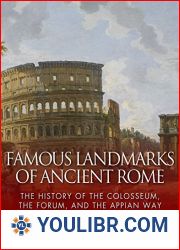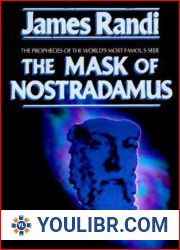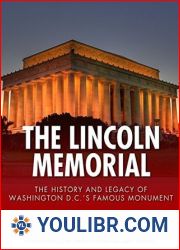
BOOKS - Famous Landmarks of Ancient Rome: The History of the Colosseum, the Forum, an...

Famous Landmarks of Ancient Rome: The History of the Colosseum, the Forum, and the Appian Way
Author: Charles River Editors
Year: March 20, 2015
Format: PDF
File size: PDF 5.5 MB
Language: English
Year: March 20, 2015
Format: PDF
File size: PDF 5.5 MB
Language: English
*Includes pictures*Includes accounts of the landmarks written by ancient Romans*Includes bibliographies for further reading*Includes a table of contentsThe Roman Empire is the most famous in history, and the center of the far-reaching empire's activities was located in the Forum, a low area between the Capitoline and Palatine hills in Rome. The topography held a great deal of significance for Romans, and consequently so many layers of myth were laid on top of the landscape and buildings that it is difficult to separate legend from actual historical fact. As a low-lying area near the Tiber river, the Forum was subject to much flooding, and even into the 20th century, the Forum area could flood upwards of over 40 feet above sea level. This would factor significantly in the imagination of Romans, who later ascribed the flooding with saving the city's founders, Romulus and Remus, from execution. However, in the 8th and 7th centuries B.C., this did not make for a good area for construction. Previous generations of excavators have concluded that in the beginning, there were waddle and daub huts in the Forum, as indicated by remains of organic food material, fragments of daub, and evidence of post holes dug in the ground for these structures. However, a recent environmental study has shown that such structures could not survive the flooding that was endemic to the Forum, suggesting that it took a few hundred years (during the period of the Roman kings) for the Romans to move up to 20,000 square meters of earth in order to reclaim land in the Forum, and a gravel pavement was placed on top of the landfill. If true, this project shows a high degree of organization and central planning. When the Colosseum was built in the late 1st century A.D., the Romans, a people known for their architectural acumen, managed to amaze themselves. Martial, a Roman poet writing during the inauguration of the Colosseum, clearly believed the Colosseum was so grand a monument that it was even greater than the other Wonders of the Ancient World, which had been written about and visited endlessly by the Romans and Greeks in antiquity. Indeed, although the Wonders were wondrous to behold, the Colosseum was a spectacular achievement in architecture, something new and innovative, and therefore an amazing "Wonder" in its own way. The Colosseum was designed to be both a symbol and show of strength by the famous Flavian emperors, most notably Vespasian and his sons Titus and Domitian. Vespasian had started the construction of the Colosseum shortly after becoming emperor in 69 A.D., but he died before he could present any spectacles in his giant amphitheatre. That honor went to his son Titus, who celebrated the inaugural opening in 80 A.D. with 100 days of games, despite the fact that the Colosseum was not completely finished. When his brother Domitian came to power in 81 A.D., he finished the amphitheatre, but not without making some changes to the overall design. By the time it was truly finished, the Colosseum stood about 150 feet tall, with the oval in the center stretching nearly two football fields long and over 500 feet across. The Colosseum is a large stadium even by today's standards, and its great size conveys the power of the empire as it dominates the landscape and towers over nearby buildings.The modern world has the ancient Romans to thank for the origins of many modern technologies, conveniences, and ideas such as running water, baths, and republican style government, but roads are another influence the Romans have had on the modern world that are often taken for granted. Although Roman roads may not have attained the glamorous status of other inventions, their influence is just as profound; roads provide essential communication and transport lines for any country - they are the veins and arteries that move the life-blood of tra
















































